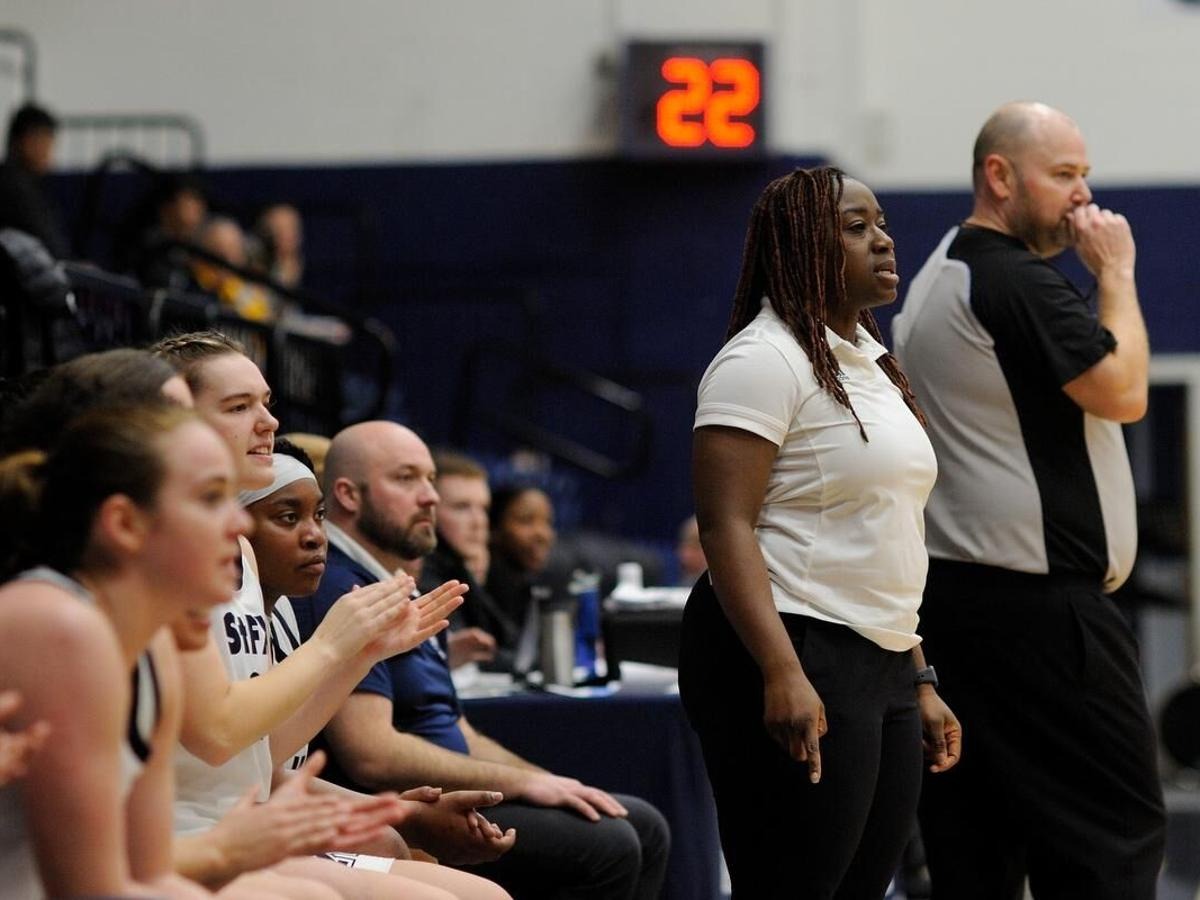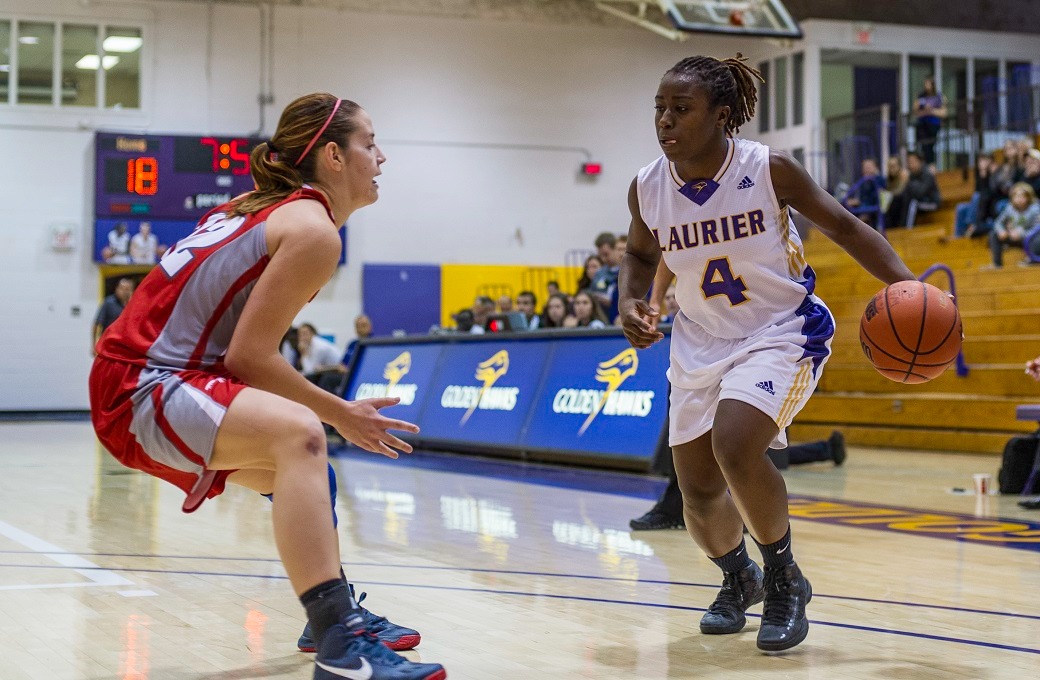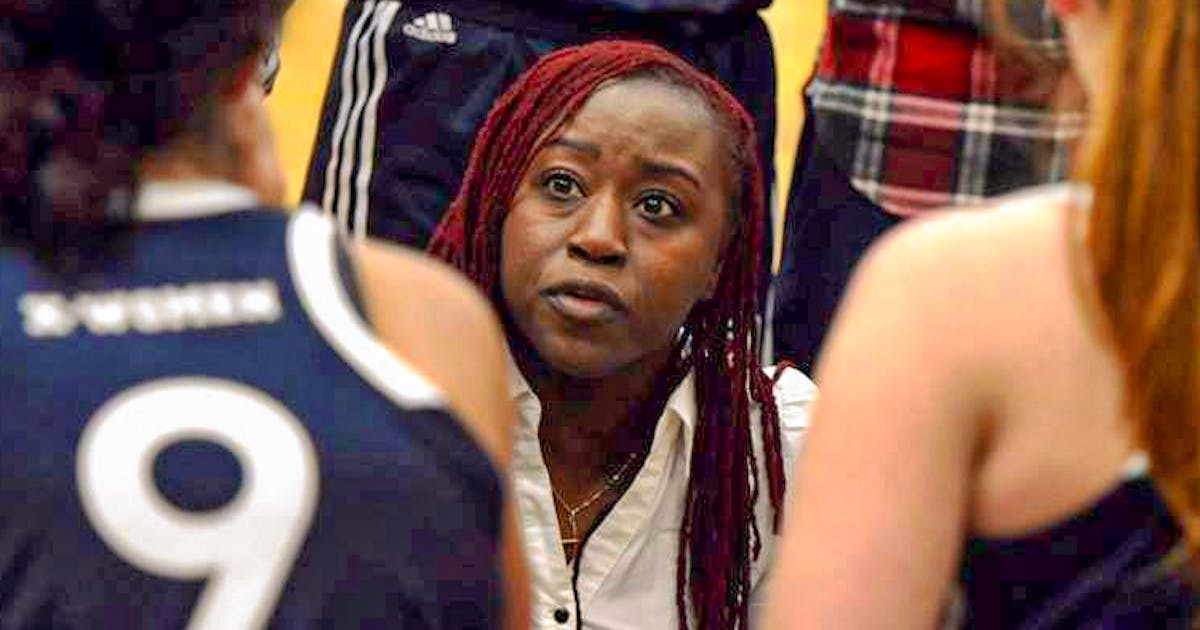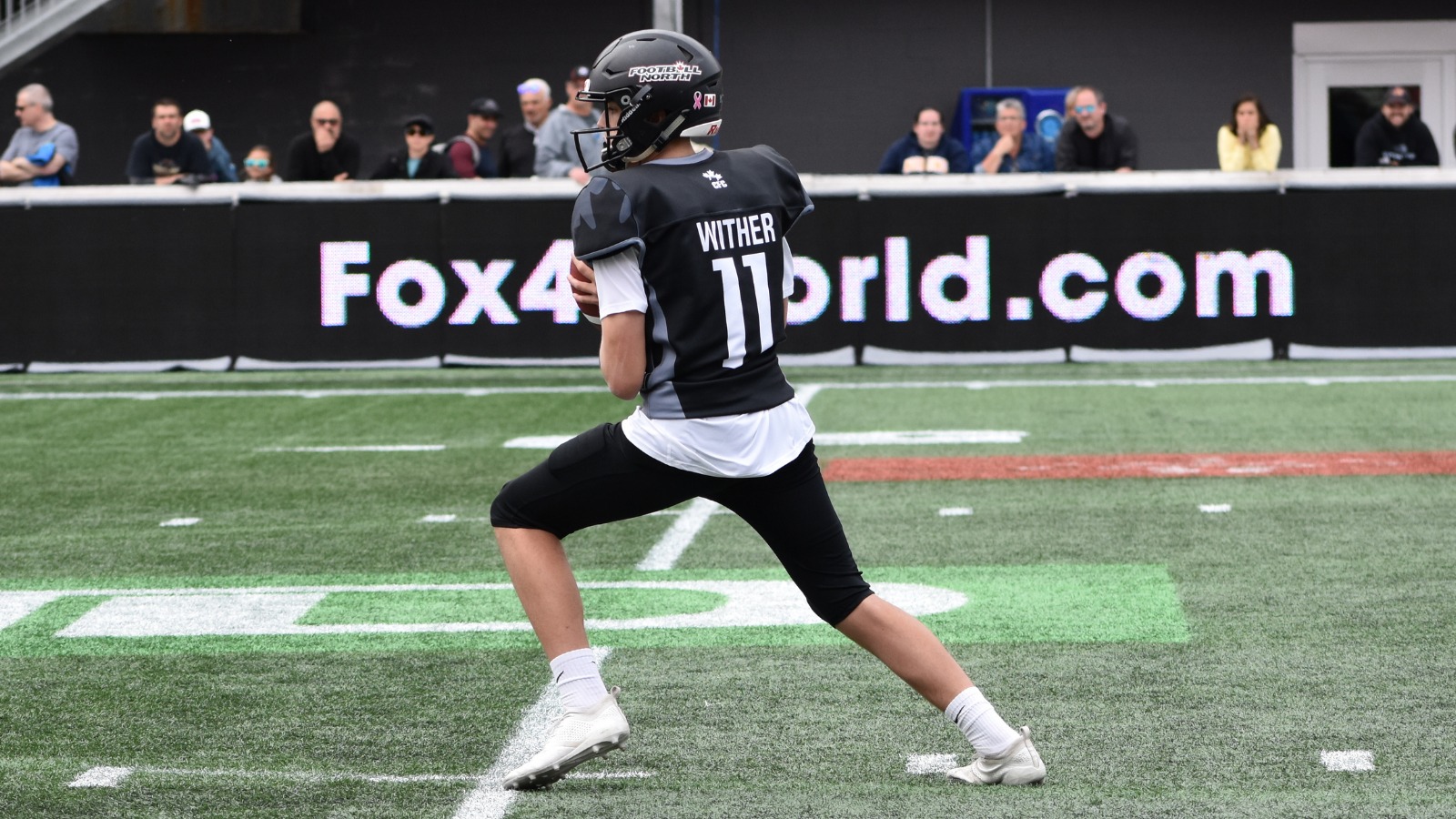Lee’s brother Anna Osei, Samuel, would have turned 32 on May 26-the day after George Floyd was finished by a Minneapolis police officer, sparking an American riot.
It was an emotional time for the women’s basketball head coach of St. Francis Xavier University, but of vital importance.
In the following days, the 30-year-old Toronto native, one of the youngest and one of the few black coaches in Canadian college sports, launched the Black Canadian Coaches Association (BCCA), an initiative that the coaches community has long said.
“I may not be able to solve everything that’s wrong with our system, but the least I can do to honor my brother is to use the sport as a tool for positive change in our community,” Osei said.
Samuel was two years older than Lee Anna. He was not athletic, but was “extremely intelligent”, identified very early as gifted in mathematics and natural sciences.
He was the first in the family to receive a university degree from Wilfrid Laurier in Waterloo, Ontario. but shortly after entering the world of the company as an accountant, his mental health began to go-down. He worked 18 to 20 hours a day and was constantly afraid of losing his job.

“Racial discrimination in the workplace was something he often told me about, about his experience and how he was treated, and about the lack of supporters,” she said.
Samuel was eventually diagnosed with get-down and bipolar disorder. He committed self-destruction in August.
When Osei came home after just one season at the University of Miami, it was her brother who made her quit her career and basketball studies.
“I mean that literally,” she said. “He forced me to go to Waterloo after working with my mother in the cemetery to meet his mentor and teacher in Laurier, Dr. Laura Allan. I was already after for student applications, but (Allan) helped me throughout the application process.”
The five-foot keeper three inches had not yet committed to play for Wilfrid Laurier. But when his brother died, the whole team traveled to Toronto to attend his committal. Osei and his mother had to draw from the sources to cover the cost of Samuel’s committal and his small nameplate at Beechwood Cemetery.
Since then, Laurel has created the Samuel Osei memorial Fund in his name.
“Sport has always been a unifying instrument, and this was one of those moments that will always be close to my heart,” Osei said.
Osei – whose mother, her “superhero,” came to Canada from Ghana alone and was pregnant at the age of 18-grew up in hardscrabble Jane and Finch in north Toronto. The family moved to a better house in Vaughan, nearby, but spent the first year sleeping on a carpeted floor until they could afford furniture.

When Samuel died, Osei and his mother were briefly unsheltered. His mother, who had paid for much of Samuel’s studies with a credit card, had to file for bankruptcy.
Osei chose Laurel, “which was one of the best decisions I’ve ever made,” and crowned his career as a college player with four outstanding seasons with the Golden Hawks.
She coached for 12 years, including several seasons with the provincial teams of Ontario. She won the title of “Coach of the Year” in prepa after leading the TRC Academy in Brantford, Ontario., at a record of 18-3 in the School basketball Association of Ontario.
Canadian coaches have long lamented the lack of a union of black coaches, and in the days after Floyd’s passed away, Osei decided to do something about it. She launched the BCCA with three goals: celebration, advocacy through the Alliance and networking.
The coaching community is not surprised that it is making a path.
“She’s been a leader since she was very young,” said Sacramento Kings assistant coach Roy Rana, who coached the famed East Toronto Business program while Osei played and then coached there. “She’s a natural leader, no wonder she’s at the forefront of something like that.”
CBC Sports recently conducted a visual review of 400 key positions at the 56 Canadian universities participating in U Sports — sports director and head coach for football, men’s and women’s basketball, hockey, football and athletics. Only 10% of the positions are occupied by blacks, natives or people of color.

Kavie Toor of the University of British Columbia is the only non-white athletic director.
“Long U-Sports, people are going to feel like they’ve been discriminated against, or there have been issues that haven’t been fixed,” said Charles Kissi, head coach of the CEBL’s Guelph Nighthawks, deputy Raptors 905 and former manly coach from Brock University.
“And I know it personally, and I know it from the other coaches in the league. I think what Lee Anna is doing is fantastic.”
The BCCA wants to ensure the support of people of color in the sports department of every post-secondary institution. Osei led a working group with the support of Ryan Thorne, coach at the men’s McGill, and Tanicha Gittens, entraîneures at women’s Concordia.
They are addressed to the general managers of each of the four U Sports conferences and six Canadian college conferences across the country.
Their call to action includes the appointment of a black fairness committee for each of the 10 conferences, consisting of staff and student-athletes, to provide support and services to racial minorities.
“I’m two years old (as the head coach of the X-Women in Antigonish, Nova Scotia) and people still think that my white co-coach is the head coach,” Osei joked about the microaggressions that colored coaches face.
The BCCA calls for an anti-repressive and anti-racist professional development specifically aimed at working with black, indigenous and people of color in sports, for all members and actors of Canadian post-secondary sports institutions.
“We do CCES (anti-doping) training, we do safe sports training,” she said. “But we don’t have cultural pedagogy that talks about anti-black and anti-indigenous racism. So it’s really problematic.”
The BCCA also desires the creation of racial diversity hiring committees for the appointment of positions in sports institutions, and black, indigenous and colored candidates must be interviewed and hired.
“I’m all for (the BCCA),” McMaster told male coach Patrick Tatham. “Over the last four or five years, maybe I’ve talked about it with other colleagues, be it Roy Rana or (Charlotte Hornets assistant) Nathaniel Mitchell, and everyone has always said, “We need some kind of BLACK Canadian Coaches association.'”
Even keeping stats, as the NCAA does, Tatham said, would be a great start. The NCAA has both an annual report on race and ethnicity of student-athletes and demographic reports on race and gender.




